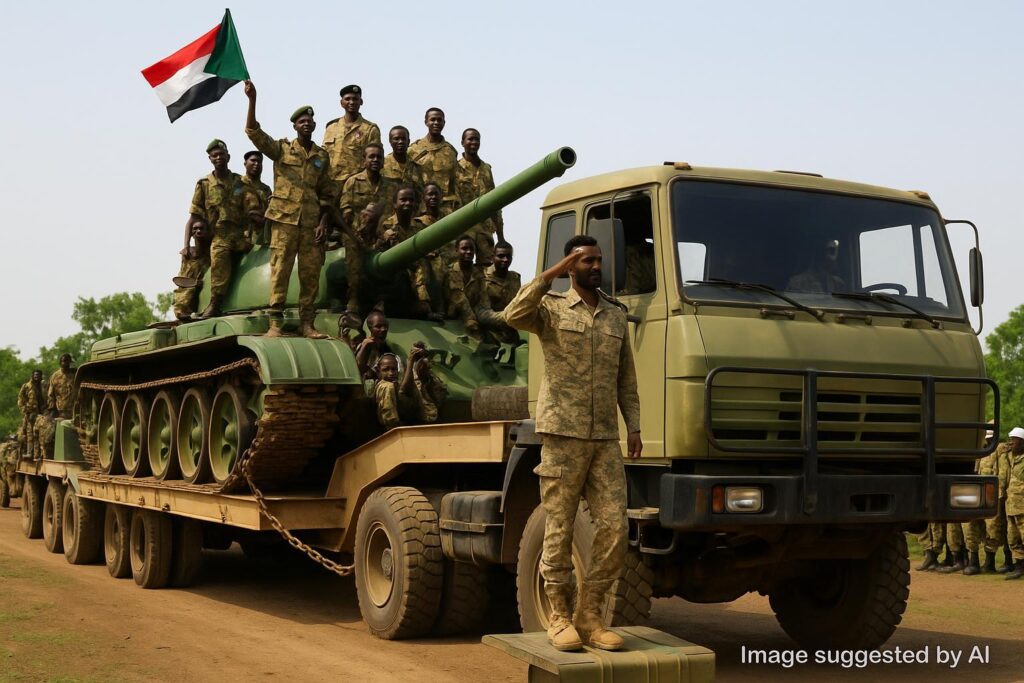Citizenship-for-Service Strategy in Sudan
Khartoum’s transitional authorities are reportedly fast-tracking citizenship for thousands of foreign nationals. Civil monitors say the new passports arrive with uniforms and rifles as fresh recruits bolster the overstretched Sudanese Armed Forces against Mohamed Hamdan Dagalo’s Rapid Support Forces on urban and desert frontlines.
Demographic Stakes at the Contested Border
Analysts link the naturalization drive to Abyei and other oil-rich zones straddling Sudan and South Sudan. By swelling voter rolls with loyal newcomers, the government could tip any future referendum on the territory’s status, securing strategic depth and hydrocarbons in one calculated move.
Regional Reactions and Legal Questions
Juba diplomats fear the scheme could redraw ethnic maps overnight, reviving memories from 2011 secession talks. While South Sudan urges restraint in statements, it has quietly reinforced frontier patrols, wary of spill-over violence and disputed identity documents crossing the Nile’s marshy corridors.
Human-rights advocates caution that recruiting non-nationals may violate the African Charter and Geneva Conventions. Ahmed El-Tayeb of the Sudan Democracy First Group notes “citizenship is becoming a battlefield tactic,” warning of future statelessness claims and prolonged displacement cycles in Blue Nile and Darfur.
Implications for Fragile Peace Efforts
Regional mediators, including IGAD, now face a conflict layered with demographic engineering. Each new passport handed to a combatant complicates cease-fire math, expands humanitarian need, and hardens negotiating positions. Observers contend that lasting stability will require transparency in citizenship policy alongside traditional security guarantees.


